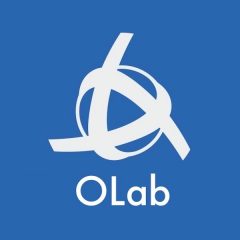For several years, we have been looking at different ways to make OpenLabyrinth scenarios more accessible. We think we have found a solution that meets the needs of both consumers and contributors of scenarios: the OLab Dataverse.

Now at first glance, this looks like Yet Another OER. But we think there are a few things that may help this to be more successful. We are working on ways to make it dead easy for OLab authors to upload their best cases directly to the OLab Dataverse which should help with the tedious task of metadata entry.
Because the materials are given a proper citation and DOI by the DataCite service, it means that the scenario becomes a citable reference that can be added to the authors’ CV and makes it easier for them to get academic credit for publishing their cases.
We have created some short notes on how we currently upload OpenLabyrinth maps to the OLab Dataverse, using a template in the meantime.
The OLab Dataverse is hosted at Scholars Portal on Canadian servers. Using a non-USA based service will help to mitigate some of the concerns raised for some jurisdictions and granting agencies.
When we say ‘Active Repository‘, we also plan to make this process more useful in providing activity metrics, using xAPI and a LRS. At present, we can create simple Guestbooks, which help us to track when the datasets are downloaded. But we feel it is equally important to create some activity metrics around the contributions by faculty members and teachers. Partly, this will be based on the new xAPI Faculty Profile that we are developing and will incorporate into our OLab uploading mechanisms.
It is time we did a better job of looking at how our contributions to open science are used, appreciated and distributed in the world of Precision Education. We just submitted an article to MedEdPublish on why this is so important.
If you are interested in working with us in exploring how we can make these processes more accessible and more rewarding, please contact us.

